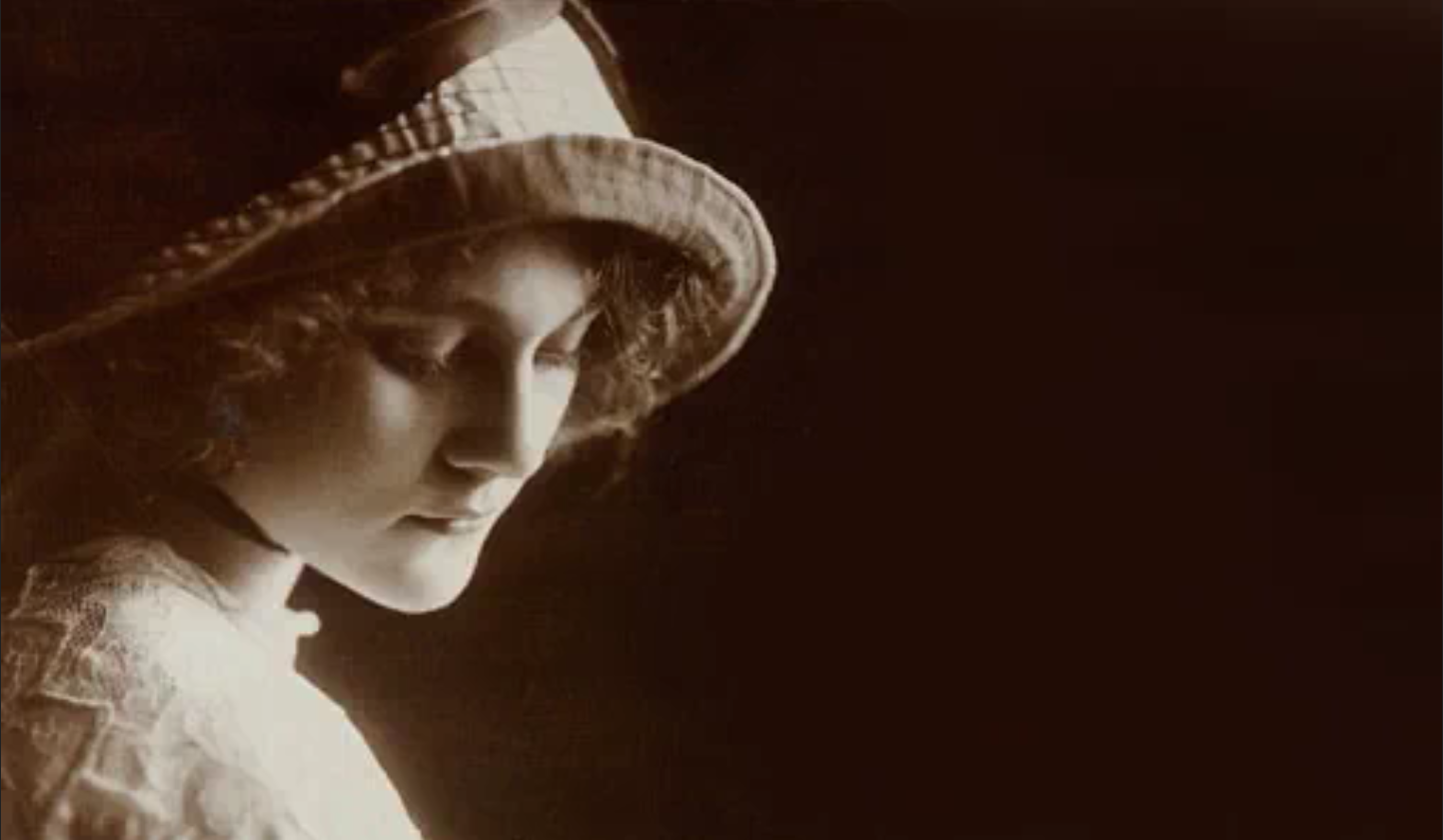Glossary
Mrs David
born: 1890
grew up: NSW
listen for: "cabin", "hole"
Mrs David recounts an incident where her cabin was nearly set alight by a man dropping a cigarette into a petrol tank. Listen to the first vowel sound in "cabin". This is an older form of this vowel. Also the vowel sound in "hole" is not pronounced in this way anymore.

Mrs David
born: 1890
grew up: NSW
listen for: "cabin", "hole"
Mrs David recounts an incident where her cabin was nearly set alight by a man dropping a cigarette into a petrol tank. Listen to the first vowel sound in "cabin". This is an older form of this vowel. Also the vowel sound in "hole" is not pronounced in this way anymore.
Glossary
For some other interesting examples of the changing Australian English accent, visit In the past.
Monophthongs, diphthongs and more
Before progressing to the study material provided under Further study, you need to understand some of the technical terms used to describe characteristics of speech.
Australian English (AusE) is a regional dialect of the English language.
Mainstream Australian English (MAusE) is one of the major subgroups within the Australian English dialect, used by the vast majority of speakers.
Accent is the term used to describe the kind of sound patterns people use when they speak.
Monophthongs are vowel sounds that can be made without dynamic movement of the tongue, lips and jaw. The vowel in the word "cat" is a monophthong.
Diphthongs are dynamic vowel sounds and require movement of some articulators. The vowel in the word "void" is a diphthong.
Non-rhotic refers to a dialect which does not have /r/ sounds in words before consonants or pauses. Australian English is a non-rhotic dialect.
Centring Diphthongs occur in non-rhotic dialects in words which are spelled with an "r" following the vowel, but do not contain the /r/ sound. A centring diphthong is used in place of the vowel + /r/. The vowel in the word "ear" is a centring diphthong.
Disyllables are two syllables containing two separate vowels. For example, many Australians produce the word "tour" as a disyllable.
